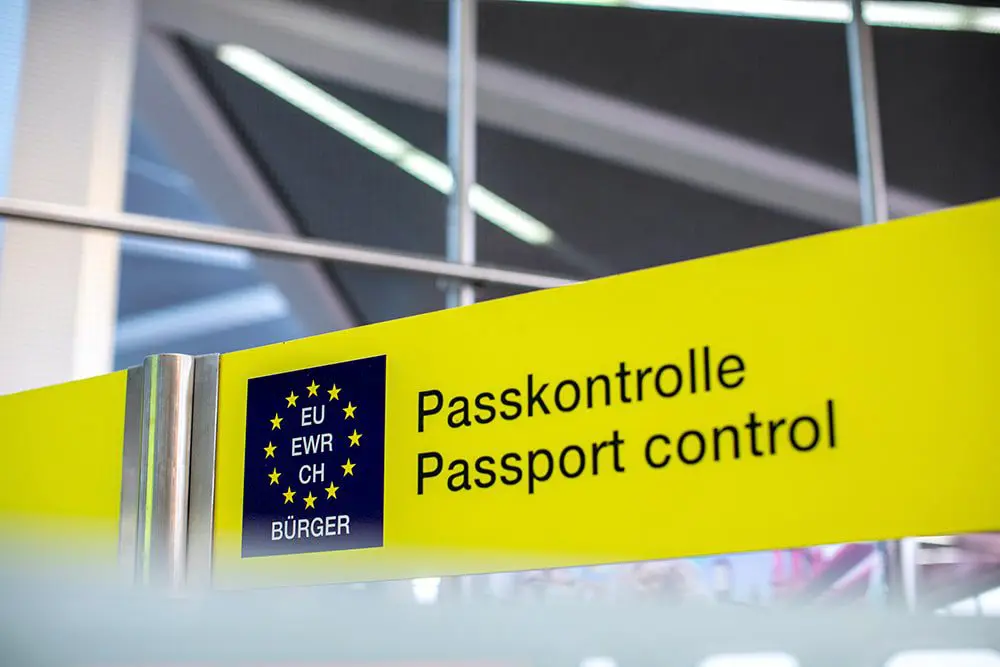Plenary agreed on Thursday to open talks with EU member states on several asylum and migration policy files.
MEPs approved entering into interinstitutional negotiations on all the files on which they voted.
Screening of third-country nationals
The decision to start negotiations on this new regulation was confirmed with 419 votes in favour, 126 against and 30 abstentions. For the centralised system on conviction information (ECRIS-TCN) negotiations, the result was 431 votes in favour 121 against and 25 abstentions.
These rules will apply at EU borders to persons who do not in principle fulfil the entry conditions of an EU member state. They include identification, fingerprinting, security checks, and preliminary health and vulnerability assessment. In their amendments, MEPs added an independent fundamental rights monitoring mechanism which would also verify border surveillance, in order to make sure that possible pushbacks are reported and investigated.
Asylum and migration management
The negotiating mandate for the central piece of legislation of the Asylum and Migration Package, on asylum and migration management, was backed by MEPs with 413 votes in favour 142 against and 20 abstentions.
The regulation sets out how the EU and its member states will act jointly to manage asylum and migration. It establishes improved criteria to determine the responsibility of member states in processing an asylum application (the so-called ‘Dublin’ criteria) and fair sharing of responsibility. It includes a binding solidarity mechanism to assist countries experiencing migratory pressure, including following search and rescue operations at sea.
Crisis situation
The decision to start negotiations for the crisis situations regulation was confirmed with 419, votes in favour 129 against and 30 abstentions.
The text focuses on sudden mass arrivals of third country nationals leading to a crisis situation in a particular member state that would, based on a Commission assessment, include mandatory relocations and derogations of screening and asylum procedures.
Long-term resident directive
By 391 to 140 and 25 abstentions, MEPs endorsed a negotiating mandate for proposed changes to the current long-term resident directive. These include acceleration of the granting of EU long-term permits after 3 years of legal residence and the possibility to integrate persons enjoying temporary protection status. EU long-term residents would be able to move to another EU country without additional work restrictions and their dependent children would automatically be granted the same status.
Next steps
Following plenary’s green light, MEPs may open talks on the final form of these legislative texts with the Council on those files for which the member states have already agreed on their own position, notably the screening procedures.
Background
Parliament and the rotating Council Presidencies have committed to work together to adopt the reform of the EU migration and asylum rules before the 2024 EU elections.






